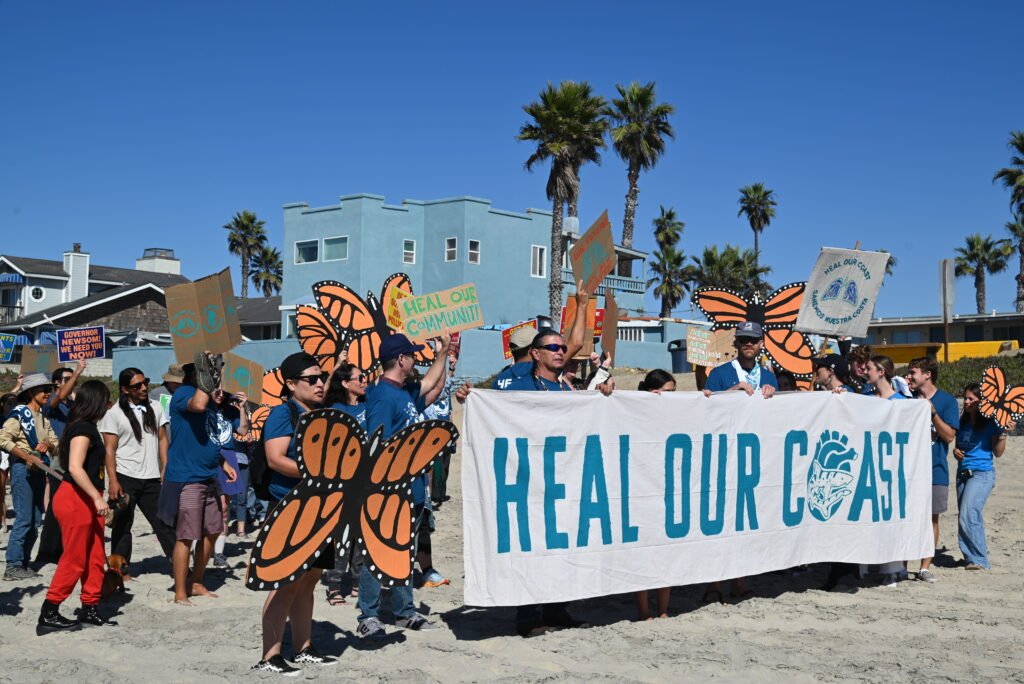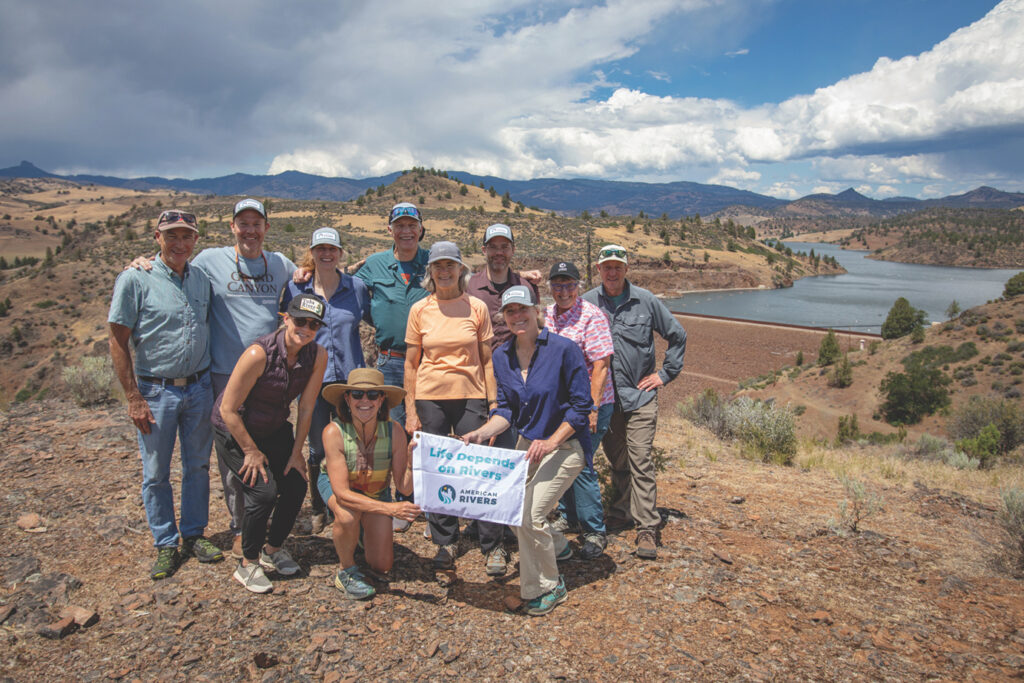Hanging In the Balance – Freedom from Pollution or Perpetuation of the Nightmare in DeKalb County, GA
The protection of clean water should apply to all people, not just those with money and influence.

This is a guest blog from our partners at Georgia’s South River Watershed Alliance and highlights the South River, one of America’s Most Endangered Rivers® of 2021.
A federal Clean Water Act consent decree is a once-in-a-lifetime event, and it is imperative that the Environmental Protection Agency (EPA) and U.S. Department of Justice (DOJ) get it right to ensure a healthy future for Georgia’s South River and the residents who live near it. For south DeKalb County right outside metro Atlanta, two legal actions— the 2010 DeKalb County consent decree and 2020 Modified Consent Decree (MCD)— offer the best hope for liberation and yes, freedom, from a future of continued massive sewage spills that have plagued this part of the county for more than six decades.
For south DeKalb County’s majority of Black residents, the pollution began in 1961, with the opening of Snapfinger Wastewater Treatment Facility. This facility almost immediately failed its federal clean water permit requirements, incurring violations that persisted into at least the mid-1990s. It is this section of the County that is designated “non-priority” in the 2010 consent decree and 2020 MCD. Neither of these federal legal actions includes a deadline to repair the sewer system in “non-priority” areas where approximately 69 percent of the County’s sewer lines, more than 1,750 miles of sewer pipes, and most of the sewage spilled into streams and rivers occurs.
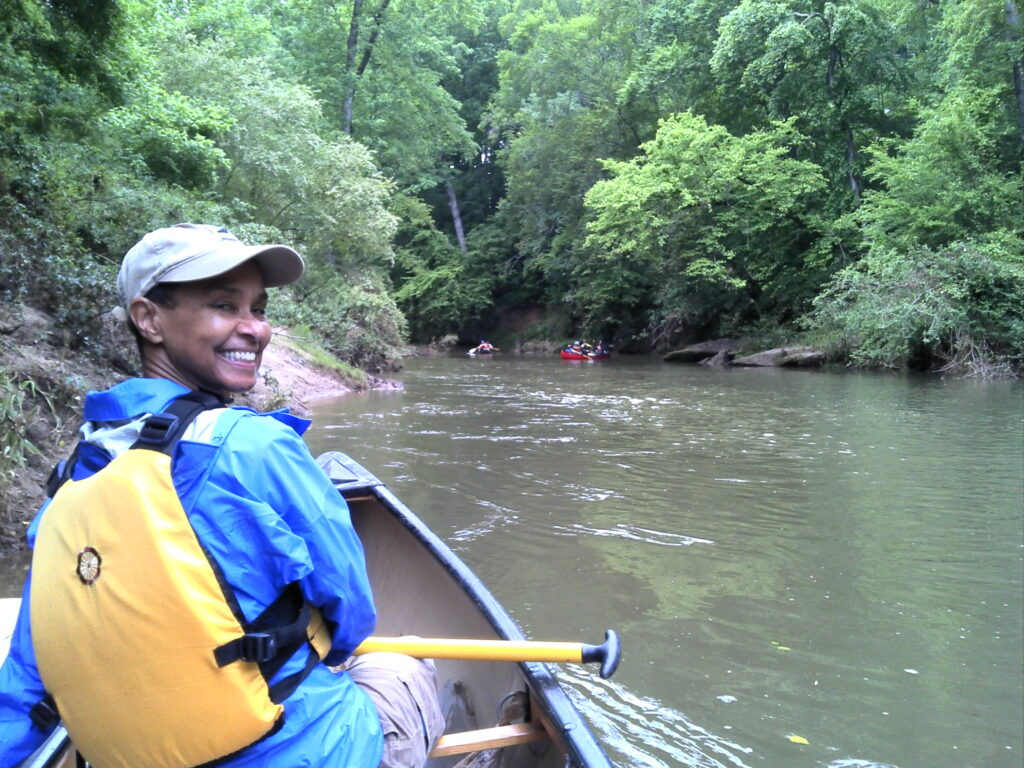
In fact, a federal district court found that there is no requirement for compliance with the Clean Water Act for these impacted communities that are served by two-thirds of the sewer system. In a citizen lawsuit filed under the Clean Water Act by the South River Watershed Alliance (SRWA), the district court noted that, “the Consent Decree does not establish a timeline for DeKalb to stop spills, or rehabilitate the [sewer system] in non-priority areas.” No technical expertise is required to understand that no timeline to stop spills or rehabilitate the sewer system in non-priority areas means the Clean Water Act will not be enforced in those areas and problems will not be addressed. Further, the district court found that the County, “is admittedly not complying with the Consent Decree — with the express permission of,” EPA. However, the court would not force action to correct this issue.
This miscarriage of environmental justice cannot just be allowed to happen. The court must defend the tenets of the Clean Water Act for all citizens equally. In DeKalb County, that means requiring a fix of the sewer system for ALL residents. Consequently, SRWA appealed this ruling to the 11th Circuit Court of Appeals. Oral arguments before the court are scheduled for mid-December.
The Clean Water Act is being manipulated in DeKalb County to favor the polluter over the health of local residents. The County could violate the Clean Water Act in perpetuity without violating the consent decree. In EPA’s motion to the court seeking approval of the MCD, the agency asserts that the document is fair, reasonable, in the public interest, and consistent with the Clean Water Act. Nothing could be farther from the truth and quite frankly, reality. The EPA and DOJ are totally ignoring the failure of the consent decree to address impacts to citizens of south DeKalb County. They fail to acknowledge the absence of a deadline for compliance and denial of equal protection under the law for so many local people having their daily lives impacted by sewer issues.
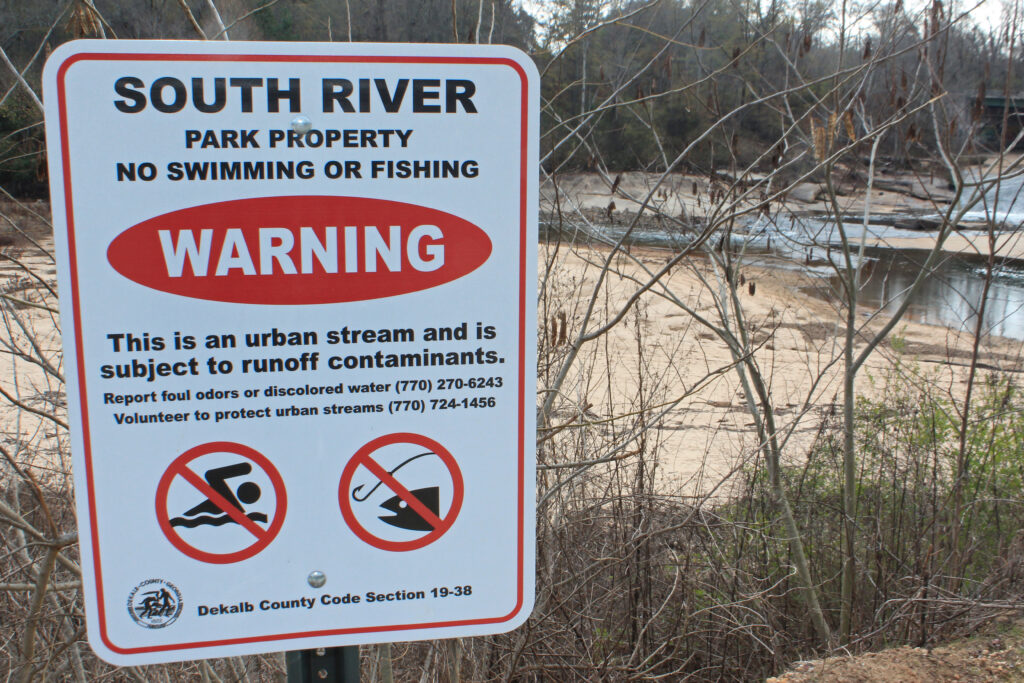
EPA claims a settlement is fair when it is the product of good-faith negotiations, reflects the opinions of experienced counsel, and takes into account the possible risks involved in litigation if the settlement is not approved. Even the district court ruling refutes this assertion. EPA’s entire approach is enforcing a pay to pollute mentality that has proven to be totally inadequate to eliminate spills; it is inconsistent with the goal of the Clean Water Act— to restore and maintain the chemical, physical, and biological integrity of the Nation’s waters. This protection of clean water should apply to all people, not just those with money and influence.
EPA assumes that local governments would act in the public interest for all residents equally when they have negotiated an agreement, and the court supports this view. How can a consent decree and MCD that violate the Clean Water Act possibly be in the best interest of all people? What justice is being served for the 400,000 residents of south DeKalb County? Rather than maximizing this once in a lifetime opportunity to correct decades of environmental injustice, EPA is continuing a decades-long pattern of deliberate discrimination and denial of equal protection under the very law the agency is obligated to uphold.
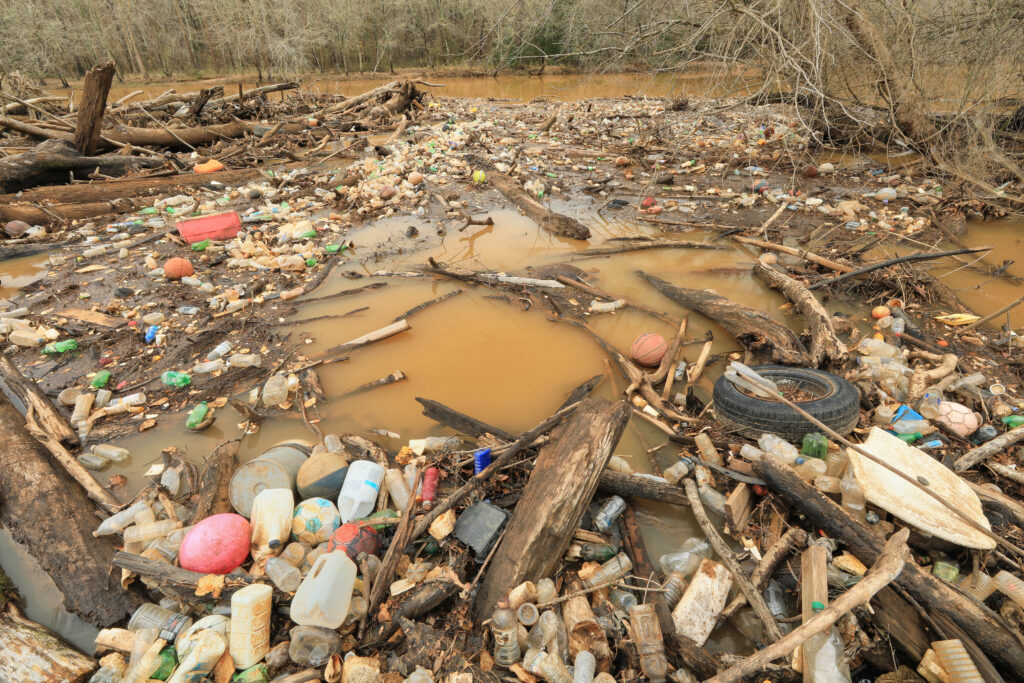
DeKalb County does not get a pass simply because it reached a settlement that “addresses” some problems at the expense of the two-thirds of the county most impacted by their inaction. It is the responsibility of the EPA to effectively negotiate and enforce consent actions that achieve the goals of the Clean Water Act for all, regardless of race, socio-economic status or geography. Furthermore, it is EPA’s responsibility to exercise its regulatory authority in a way that prohibits intentional discrimination and unintended discriminatory effects.
If EPA and DOJ are incapable of performing these important aspects of their jobs, then it falls to the EPA Administrator and U.S. Attorney General to step up and step in. The actions taken to rectify this debacle will either result in the realization of a once-in-a-lifetime opportunity or the perpetuation of a pollution nightmare on a community that has faced discrimination for much too long.

Author: Jacqueline Echols, PhD
Dr. Jacqueline Echols, PhD, is the Board President of the South River Watershed Alliance, a grassroots organization working on the ecological restoration of Georgia’s South River for the benefit of nature and people.

